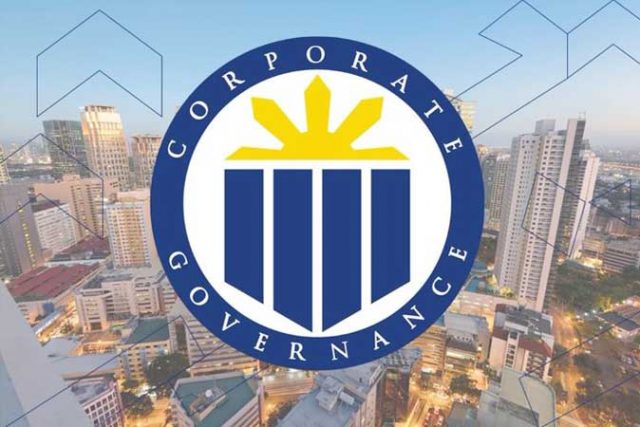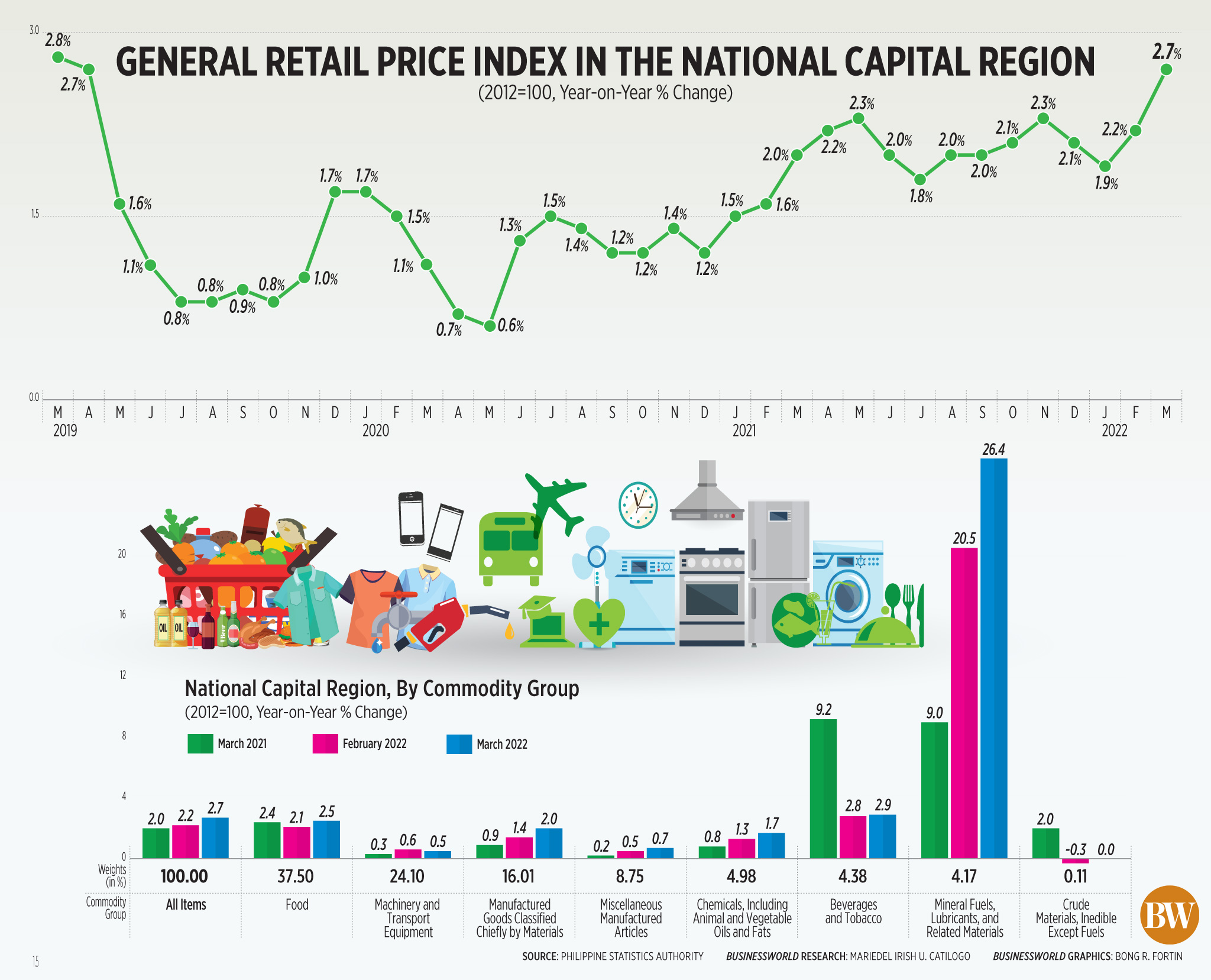Today, a new administration takes over, inheriting an economy still feeling the effects of the pandemic. One of its pressing tasks is to find new ways for the economy to recover. The outgoing Finance Secretary has proposed to press on with various tax reform packages, which he billed as our best option if the new government is to continue spending to sustain recovery and spark growth. These reforms include the expansion of the VAT base, the imposition of VAT on digital service providers, passage of the Passive Income and Financial Intermediary Taxation bill, taxing cryptocurrencies, and the establishment of a carbon tax. Overall, the message seems to be to keep government in a position to revive the economy through taxation.
This may be achieved not just with new taxes or restricting tax exemptions, but by improving tax administration, such as through the encouragement of greater tax compliance. Such is expected from the proposed Ease of Paying Taxes Act.
The proposed law focuses on safeguarding the rights and welfare of taxpayers and improving the efficiency and effectiveness of tax administration.
Specifically, it proposes to establish special units to cater to all classes of taxpayers, including the small and medium category, while simplifying tax returns and processes for small taxpayers. Some of the specific proposals for achieving these goals are:
- Remove restrictions on the venue for tax return filing and payment, remove annual registration fees, and relax the rules on business style in invoicing;
- Allowing the payment of taxes even before filing the tax return;
- Simplify VAT tax administration of VAT by removing the difference in the time of reporting the tax and the document supporting local transactions;
- Set criteria for adjusting the VAT exemption threshold; and
- Establish a taxpayer’s advocate office.
Some consider these measures as long overdue. But no matter how late, they will be welcomed by taxpayers. Specifically, they will welcome the simplification of the rules on time of VAT reporting and documentation.
Currently, the time of VAT reporting depends on the type of transaction. For sale of goods, VAT is reported upon consummation of the sale, as reflected in an invoice. On the other hand, VAT on the sale of services is reported upon payment, supported by an official receipt.
This rule has caused a lot of confusion among taxpayers. The proposed reforms will require taxpayers to monitor only the timing of the consummation of the sale, accompanied by one supporting document (the invoice) for any type of transaction.
The other changes are also much needed, as they ease the process of tax filing and payment and will help generate more revenue as compliance improves.
Having a taxpayer’s advocate office will also help ensure the protection of taxpayers’ fundamental rights.
Since the proposed bill is still being legislated, I am hoping there might still be room to cover other opportunities for efficiency by addressing some common sources of non-compliance.
TIME OF WITHHOLDING TAX
Under current rules, the obligation to withhold tax arises under the following scenarios, whichever comes first: a) when the expense is paid, b) when it becomes payable, or c) when it is accrued/recorded as an asset or ex-pense in the books. One of the most common compliance issues is the failure to pay withholding tax upon accrual. It is difficult for taxpayers to comply, especially for those transactions incurred at year-end, because the ex-act amounts may not yet be known. However, since these are incurred expenses, they must be recorded for accounting purposes.
Except for over-withholding of compensation tax, offsetting of over- or under- withholding of tax across different periods is not allowed. Thus, withholding the tax based only on reasonable estimates could result in penal-ties in case of under-withholding, and money getting tied up in case of over-withholding since recovering through a tax refund is a tedious process. Thus, taxpayers generally forego this option.
This results in situations where taxpayers may be willing to comply but are discouraged because of the difficulty in implementing tax processes. My view is to set only one period for withholding tax, which should be upon pay-ment, since the amounts are already in place and it is easier to monitor and check, not just for taxpayers but likewise for the BIR. It would also be a more accurate way of applying the withholding tax as it should be “withheld,” not paid in advance by the payor.
WITHHOLDING TAX POLICY ON BUSINESS EXPENSES
Certain types of business expenses are subject to withholding tax. As evidence of tax withheld, the buyer must issue a creditable withholding tax (CWT) certificate. In the case of those considered large taxpayers or top withholding agents, almost all of their expenses are subject to withholding tax. However, most taxpayers cannot comply with this requirement for those expenses initially paid by employees because some are relatively small amounts, thus making it impractical to withhold tax. Also, most sellers that use point of sale or POS machines have no capability to reflect the tax withheld by buyers, much less to accept CWTs instead of cash. My suggestion is for the BIR to set a reasonable threshold amount for withholding tax to apply.
Crucial in a society’s development are well-crafted policies diligently observed to maintain order and harmony. Many factors, however, cause taxpayers to be noncompliant, including instances when they think they will not get caught. Even corporations with strict governance systems likewise experience difficulty implementing processes to fully comply with tax requirements because of the complicated, confusing, and inefficient tax policies.
I hope our tax legislation and processes continue on this trajectory of taxpayer-friendly amendments or improvements that will help the Philippines generate more revenue without imposing additional burdens on taxpayers. In today’s uncertain times, the government must achieve its financial goals to enable expenditure and ensure economic recovery. The last thing we want is complex rules that punish those that attempt to comply and in turn encour-age circumvention of the tax rules, leading to the non-payment of correct taxes.
The views or opinions expressed in this article are solely those of the author and do not necessarily represent those of Isla Lipana & Co. The content is for general information purposes only, and should not be used as a substitute for specific advice.
SAMANTHA JOY H. ORETA is a senior manager with the Tax Services group of Isla Lipana & Co., the Philippine member firm of the PwC global network. samantha.joy.h.oreta@pwc.com













